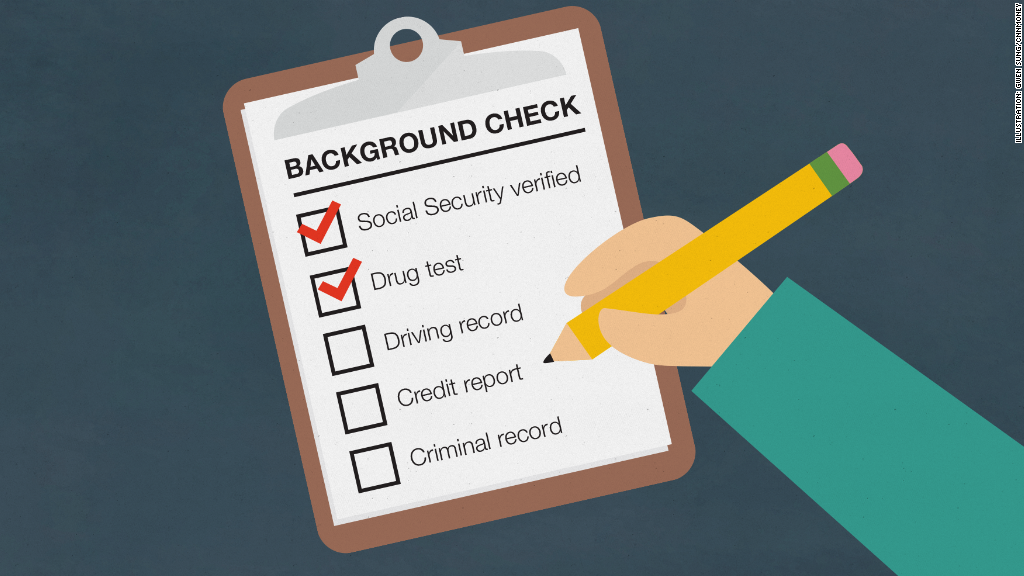Emotional intelligence in the workplace has become a buzzword in modern corporate culture, and for good reason. More than just a trendy concept, emotional intelligence is pivotal in fostering a positive work environment, enhancing interpersonal relationships, and driving organizational success.
In this article, we will delve into the importance of developing emotional intelligence in the workplace and explore practical strategies for cultivating this invaluable skill set.
Emotional Intelligence in the Workplace
Before diving into the intricacies of developing emotional intelligence, let’s define what it entails. Emotional intelligence, often abbreviated as EQ, refers to the ability to recognize, understand, and manage one’s own emotions, as well as the emotions of others. It encompasses qualities such as self-awareness, empathy, social skills, and emotional regulation.
Why Emotional Intelligence Matters in the Workplace
Emotional intelligence in the workplace is not just about being in touch with one’s feelings; it’s about leveraging emotions to navigate social interactions, build rapport, and achieve common goals. Employees with high levels of emotional intelligence are better equipped to handle workplace challenges, resolve conflicts, and collaborate effectively with colleagues.
Cultivating Emotional Intelligence in the Workplace
Now that we have established the significance of emotional intelligence, let’s explore some practical ways to develop this essential skill set in the workplace. learn more about leadership at the workplace.
1. Self-Awareness
Encourage employees to engage in self-reflection and introspection to better understand their emotions, strengths, and weaknesses. Self-awareness forms the foundation of emotional intelligence and enables individuals to recognize how their emotions impact their thoughts and behaviors.

2. Effective Communication
Emphasize the importance of clear and open communication in the workplace. Provide training on active listening, nonverbal communication, and conflict resolution techniques to help employees express their thoughts and feelings effectively while respecting the perspectives of others.
3. Emotional Regulation
Help employees develop the ability to regulate their emotions in the workplace. Encourage them to practice self-control, resilience, and positive thinking to maintain a calm and composed demeanor, even in high-pressure environments.
4. Empathy
Foster a culture of empathy by encouraging employees to actively listen to their colleagues, acknowledge their feelings, and seek to understand their perspectives. Empathy promotes trust, collaboration, and mutual respect in the workplace, leading to stronger team dynamics and higher morale.
5. Conflict Resolution Skills
Equip employees with the skills and strategies needed to navigate conflicts constructively. Teach them how to approach conflicts with empathy, remain calm under pressure, and find mutually beneficial solutions that preserve relationships and foster collaboration.
6. Stress Management Techniques
Teach employees practical techniques for managing stress and regulating their emotions, such as mindfulness meditation, deep breathing exercises, and time management strategies. By learning to cope with stress effectively, employees can maintain composure and productivity even in challenging situations.
7. Lead by Example
Lastly, lead by example by demonstrating emotional intelligence in your interactions and decision-making processes. Serve as a role model for employees by practicing empathy, active listening, and effective communication in all aspects of your leadership role.
8. Feedback and Recognition
Provide regular feedback and recognition to employees to validate their efforts and contributions. Positive reinforcement fosters a supportive work culture and boosts morale, motivating employees to continue developing their emotional intelligence skills.
9. Leadership Development
Invest in leadership development programs that emphasize the importance of emotional intelligence for effective leadership. Equip leaders with the tools and strategies needed to inspire, motivate, and empower their teams while fostering a culture of trust and collaboration.
10. Team Building Activities
Another important point for emotional intelligence in the workplace is to organize team-building activities and workshops that encourage collaboration, communication, productivity, and mutual support among team members. These activities provide opportunities for employees to strengthen interpersonal relationships and develop a sense of camaraderie, enhancing overall team cohesion.
Conclusion
In conclusion, emotional intelligence in the workplace is a critical skill set that drives individual and organizational success. By cultivating self-awareness, empathy, effective communication, and other key components of emotional intelligence, employees can enhance their interpersonal relationships, navigate challenges, and contribute to a positive and productive work environment.






